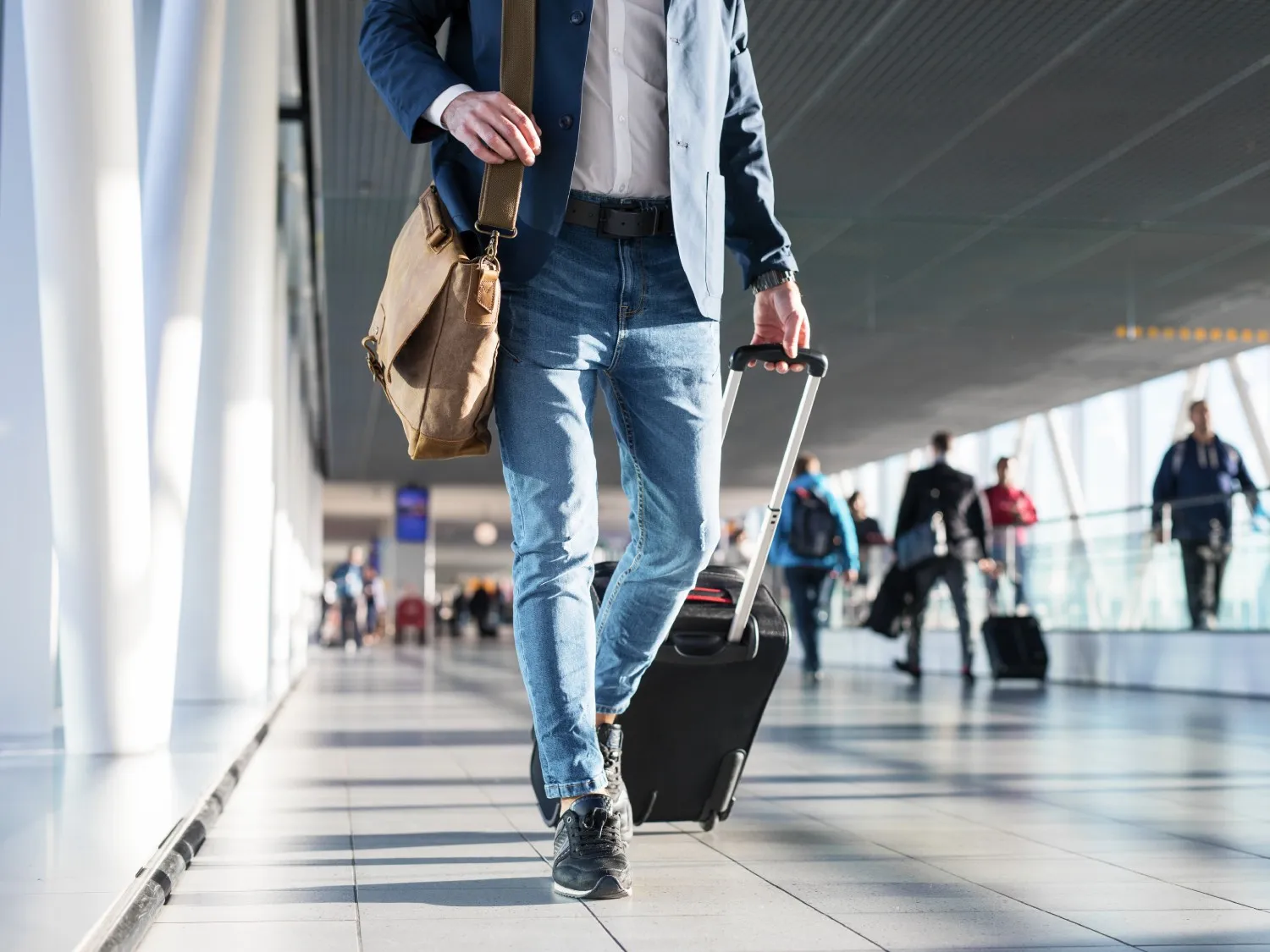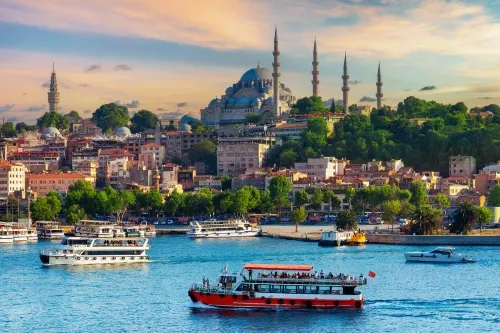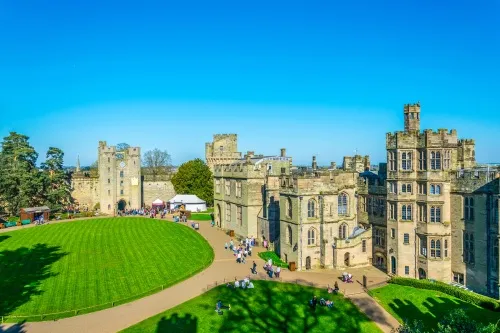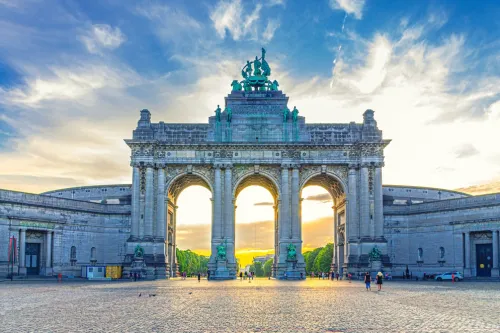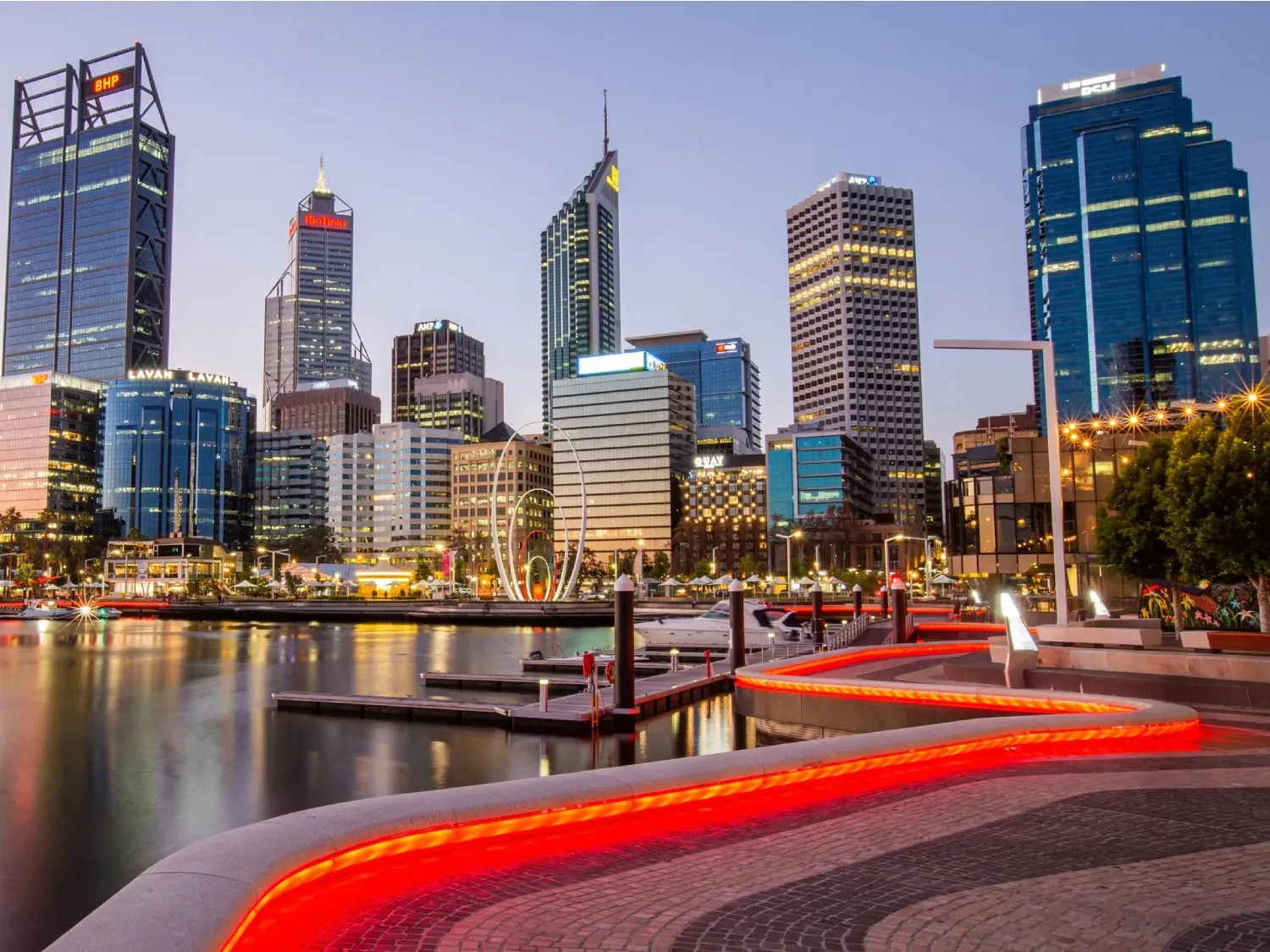Date: 31 May 2024
GDHCN will allow seamless verification across borders
Sixty years ago, a catchy tune and a whimsical boat ride debuted at the 1964 World's Fair before moving to Disneyland in 1966. At a time when air travel was still a luxury, its miniature landscapes offered people a glimpse into the world. Americans saw the temples of Thailand and the carnivals of Brazil. "It's a Small World" wasn't just a boat ride; it was a portal for discovery.
Today, that small world has become a reality. Around four billion people fly every year to experience new places, meet loved ones, and do business. Affordable travel has opened up even the most remote corners of the globe. From trekking through the ancient Inca empire to sailing along the glaciers of Antarctica, travel is an integral part of the human experience.
Tourism is also critical to prosperity. Data from the World Travel & Tourism Council (WTTC) shows that the sector contributes over US$10 trillion dollars to the global economy each year, creates 330 million jobs, fostering cultural exchange and enhancing our understanding on a scale that could only be imagined in a fairground ride 60 years ago. The iconic “Small World” song with its simple yet profound message of harmony reminds me that, despite our differences, we are all part of the human family.
I’ve seen this in my own travels. Visiting new places and meeting new people has shown me that tourism is not just about seeing sights and monuments. It is about understanding different ways of life, appreciating cultures, embracing diversity and celebrating unity.
That is what made the COVID-19 pandemic so disorienting and tragic. Overnight, once vibrant communities became deserted tourist sites, empty airports, and shuttered businesses. Our world, so open, was suddenly closed.
As we rebuild, we need to make sure we’re never unprepared again. We need strong public health infrastructure, well-funded scientific research, and a commitment to technology in developing nations. As the World Health Organisation Director-General said, "nobody is safe until everybody is safe."
But that's not all. This week, governments around the world will gather at the World Health Assembly in Geneva. This is our opportunity to create a unified plan – a pandemic treaty – to prioritise global health and make sure we are never again unprepared for crisis. Countries must come together to guarantee testing, digital vaccination certificates, and a fair distribution of medical resources to keep us moving during the next disaster. And to ensure health checks are universally aligned, countries should join the WHO’s Global Digital Health Certification Network (GDHCN), allowing seamless verification across borders.
A pandemic treaty and participation in the GDHCN are essential to ensure the bonds between cultures and people are not just a fantasyland attraction, but our reality no matter what threats emerge.
Only then can we have a truly interconnected small world, after all.
Julia Simpson
President & CEO
World Travel & Tourism Council (WTTC)
Endnotes:
• WTTC : https://wttc.org
• World Health Assembly : https://www.who.int/about/accountability/governance/world-health-assembly/seventy-seventh
• WHO GDHCN : https://www.who.int/initiatives/global-digital-health-certification-network
Global Summits
The 2025 WTTC Global Summit
Stay tuned for details on our next global summit.
